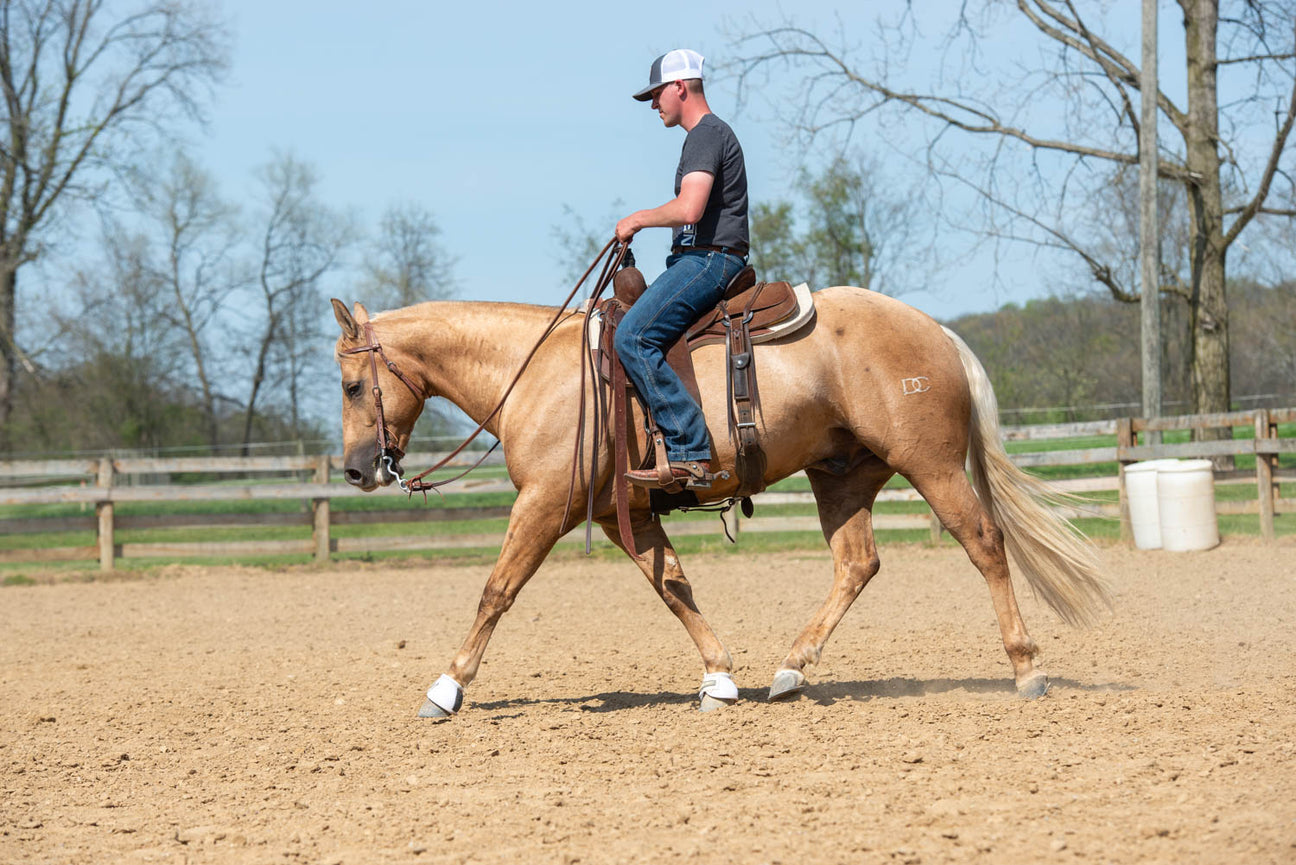Training a horse requires a great deal of patience and understanding. In order to achieve successful horse patience training, it’s crucial to adopt a gentle and consistent approach. This article aims to explore the significance of patience in horse training, providing insights and techniques for enthusiasts looking to bond with their horses.

Understanding the Importance of Patience in Horse Training
Patience is the cornerstone of horse training. Horses, being sensitive creatures, respond better to trainers who exhibit calmness and understanding. Hasty actions can lead to anxiety and mistrust in horses, making the training process challenging.
Building Trust with Your Horse
Trust forms the foundation of any successful training regime. Horses need to trust their handlers in order to follow commands willingly. Building trust involves spending quality time with your horse, being consistent in your actions, and rewarding positive behavior.
Basic Techniques for Developing Patience
Developing patience in horses involves several techniques that focus on gradual progress and positive reinforcement. Here are a few key strategies:
1. Start with Simple Commands
Begin the training process with simple commands that your horse can easily understand. This helps in building confidence and setting the stage for more complex training tasks. Commands such as ‘walk’ or ‘stop’ are ideal starting points. For more detailed information on voice commands, check out voice command training.
2. Use Positive Reinforcement
Reward your horse’s good behavior with treats or praise. This encourages them to repeat the desired actions and fosters a positive learning environment. Positive reinforcement is a powerful tool in horse patience training. For more on positive reinforcement, visit positive reinforcement.
3. Gradual Progression in Training
Gradually increase the complexity of training tasks as your horse becomes more comfortable. This ensures they do not become overwhelmed and helps in maintaining their confidence.
4. Incorporate Fun Activities
Incorporate fun activities such as pole work into the training sessions. These activities help in keeping the horse engaged and reduce training stress.
Overcoming Challenges in Horse Patience Training
Training horses is not without its challenges. Here are some common issues and how to tackle them:
Dealing with Stubborn Horses
Some horses are naturally stubborn. It is essential to remain calm and persistent when dealing with them. Consistency is key, as it helps the horse understand that you are in charge. For more tips, refer to this guide on stubborn horses.
Handling Nervous or Anxious Horses
Nervous horses require extra care and patience. Spend more time in their presence without demanding anything. This reassures them and builds trust.
Advanced Techniques in Horse Patience Training
Once basic techniques are mastered, you can move on to more advanced methods:
1. Groundwork Training
Groundwork involves training your horse from the ground rather than from the saddle. It helps in establishing respect and improving communication. Learn more about groundwork on Horse Rookie.
2. Consistent Training Schedule
Maintain a consistent training schedule to help your horse understand what is expected. Consistency reduces anxiety and increases the horse’s willingness to engage in training.
3. Introducing New Environments Gradually
Expose your horse to new environments gradually. This helps them become adaptable and reduces fear.
The Role of Diet in Horse Training
A horse’s diet can impact its behavior and training outcomes. Ensure a balanced diet that supports your horse’s energy levels and overall well-being.
1. Providing Sufficient Nutrients
Ensure your horse receives the necessary nutrients for physical and mental health. Consult a veterinarian to tailor a diet that meets your horse’s specific needs.
2. Hydration is Key
Maintaining hydration is essential for a horse’s performance and mood. Ensure constant access to clean, fresh water.

FAQs on Horse Patience Training
1. How long does it take to train a horse?
The time required to train a horse varies depending on the horse’s personality, the trainer’s skills, and the consistency of training. It can take several months to years.
2. Can older horses be trained?
Yes, older horses can be trained. However, it may require more patience and time due to established habits.
3. What is the best way to reward a horse during training?
Positive reinforcement, such as treats or verbal praise, is the best way to reward your horse during training.
In conclusion, horse patience training is a rewarding journey. By adopting the right techniques and maintaining a positive attitude, you can build a strong bond with your horse. For more training methods, visit Royal Horse.
This article contains affiliate links. We may earn a commission at no extra cost to you.








